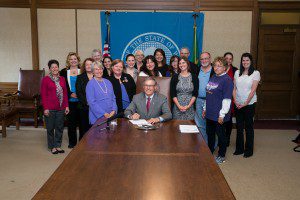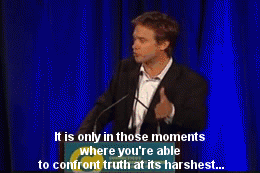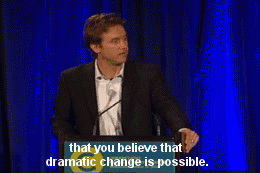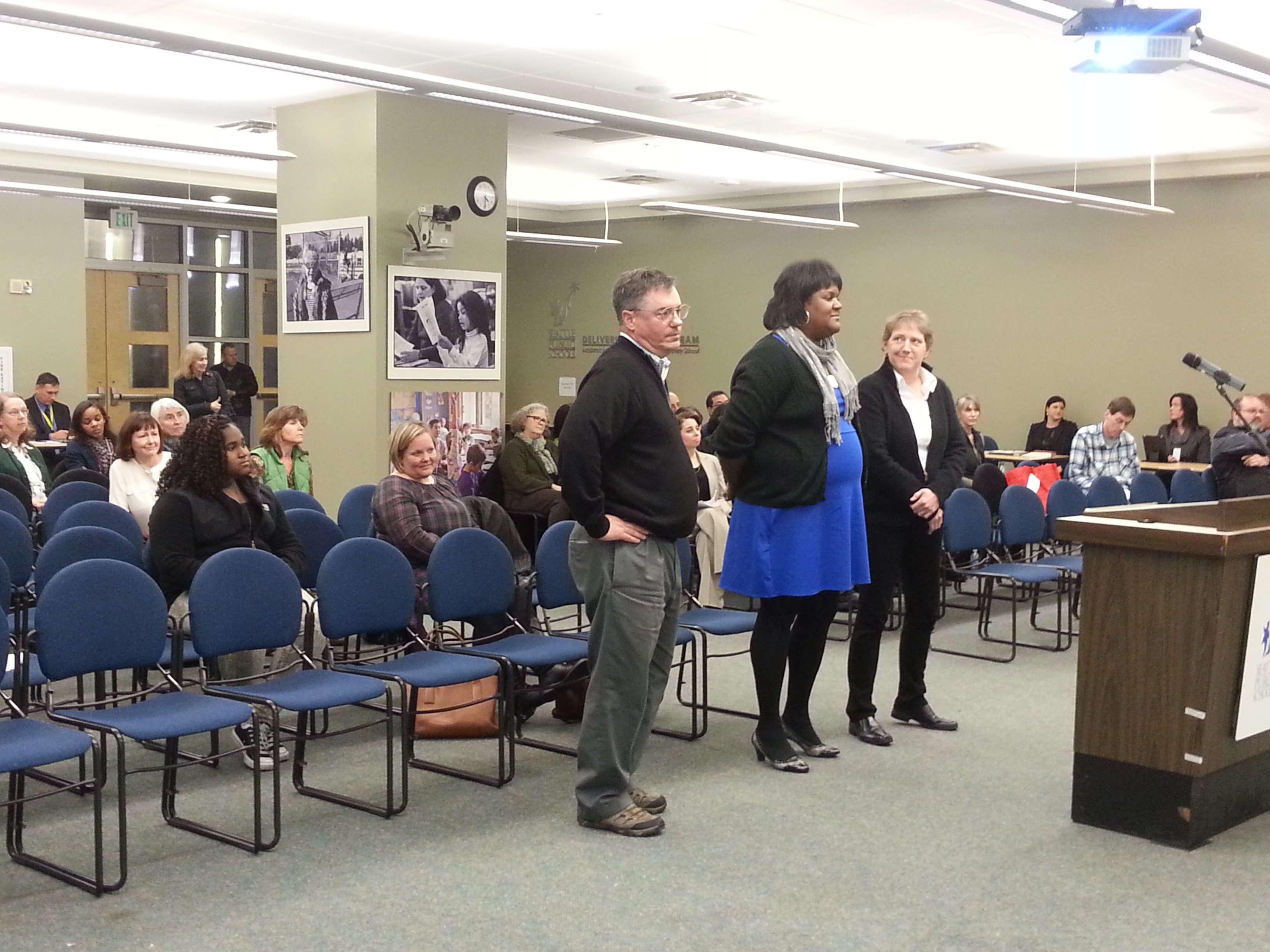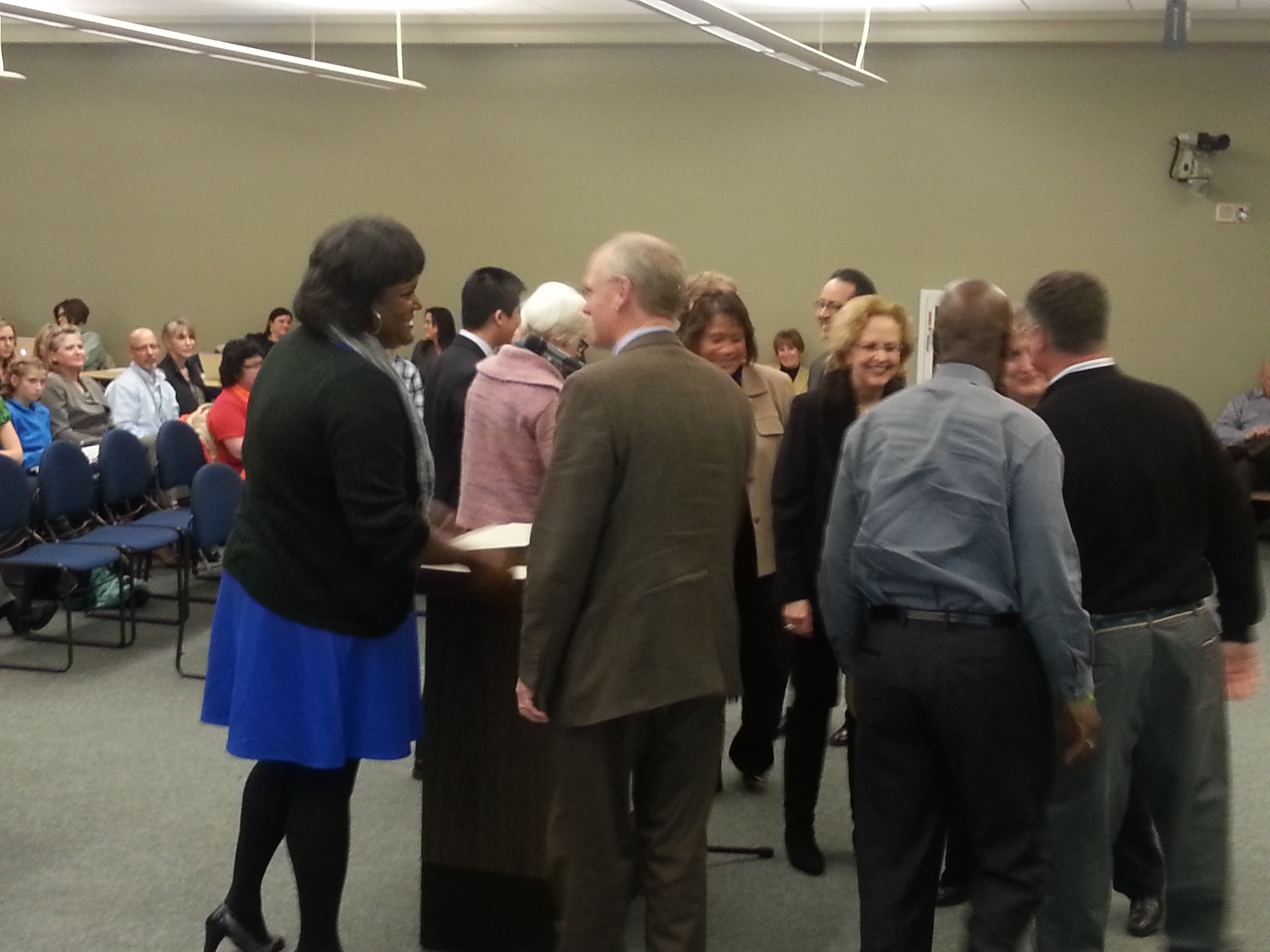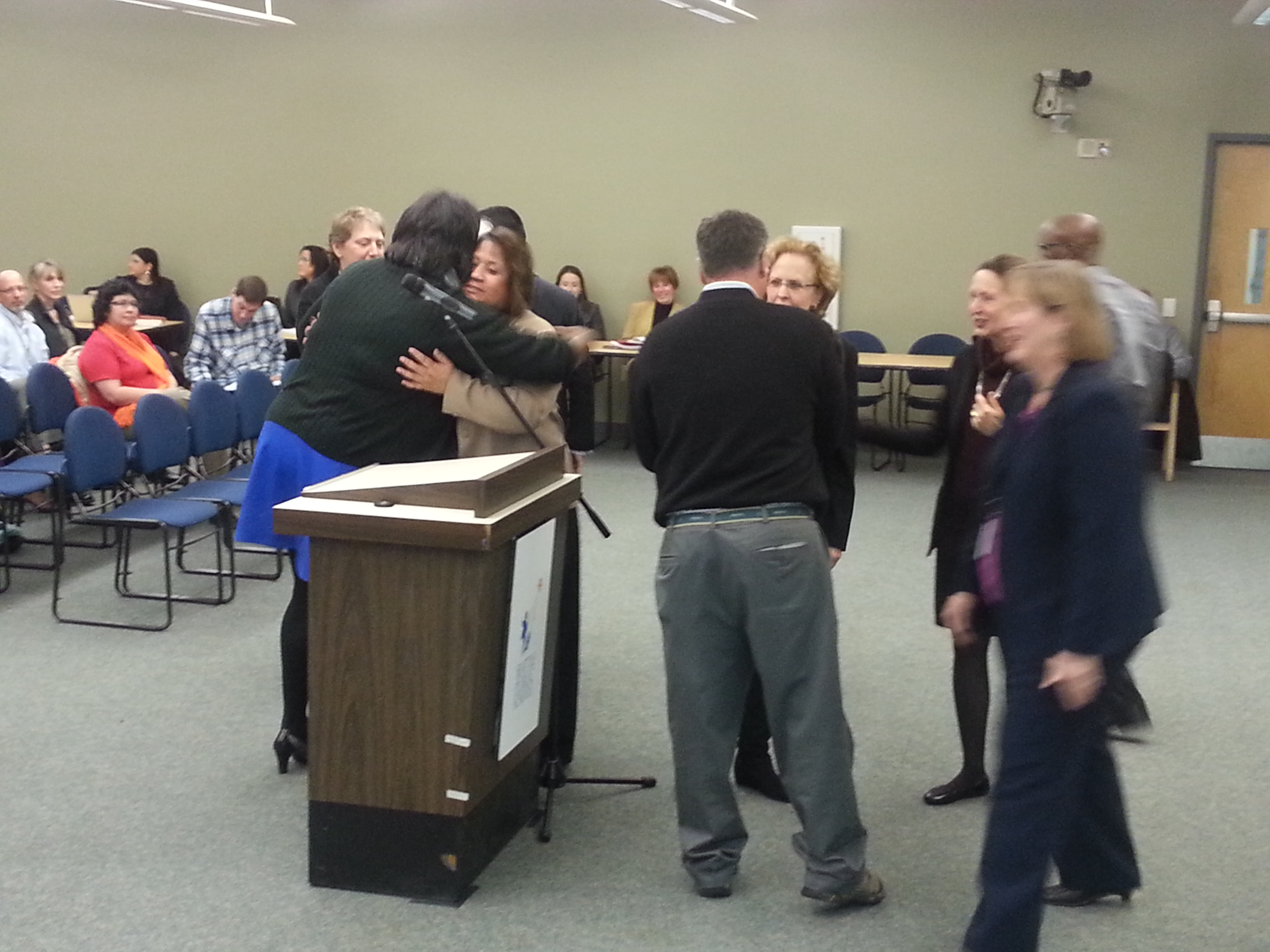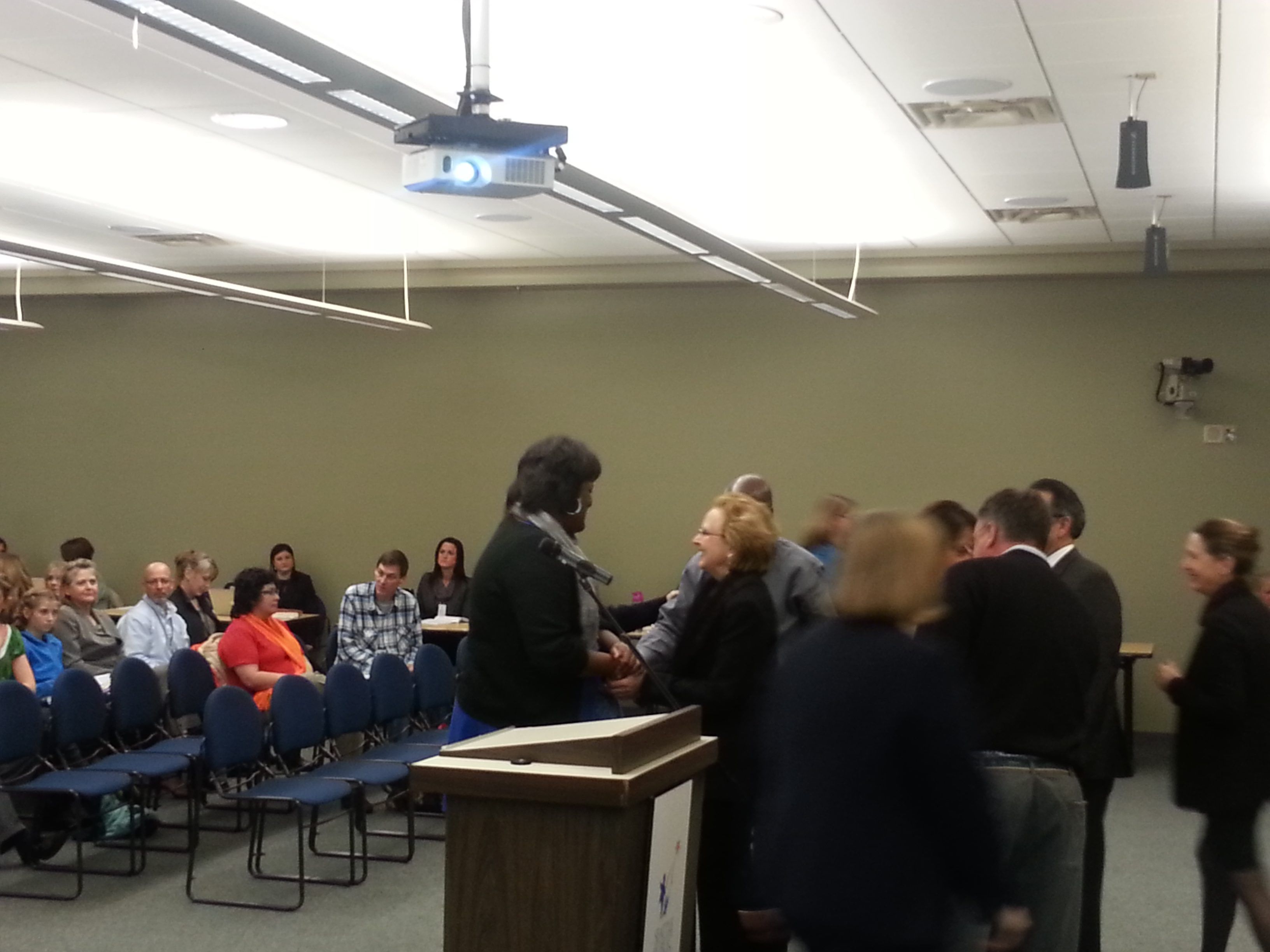Governor Inslee signs two early learning bills
Great news for Washington’s littlest learners; Governor Inslee has signed HB 1723 and SB 5595 into law! Here are some of the changes you can expect:
Under HB 1723
- Schools can use up to three days to meet with families of children entering kindergarten and participating in WaKIDS.
- *The Department of Early Learning (DEL) will be required to review and develop recommendations for child care and preschool compensation.
- *Legislators must fund the expansion of ECEAP.
- By 2015, ECEAP programs must participate in Early Achievers. DEL will also report on Early Achievers progress as defined in the Race to the Top-Early Learning Challenge award.
- Subject to funding the Working Connections Child Care (WCCC) subsidy rate will increase ten percent and an additional five percent for improved quality.
Under SB 5595
- DEL/The Department of Social and Health Services will provide improved consumer service, meaning they will return all phone calls within 2 business days, develop a process to submit forms online, notify parents and child care providers 10 days before loss of WCCC benefits, and provide consumers with a document that is easy to understand regarding what services they are eligibile for, etc.
- Creates a task force comprised of legislators, representatives from various early learning stakeholder groups, and child care providers. The task force will develop recommendations for creating a tiered-reimbursement model for WCCC and a mixed delivery system for ECEAP.
- DEL/DSHS must work to design a more flexible subsidy system that accounts for small fluctuations in family circumstances, ensure that minor changes in parent’s work schedule(s) don’t interfere with their WCCC authorization, enable parents who participate in 110 hours of work or related activities to be eligible for full-time child care services, and simplify the requirement to count child support as income.
* This is void if not funded by 6/1/13.
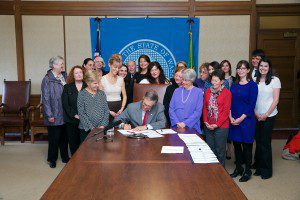
Relating to expanding and streamlining early learning services and programs.
